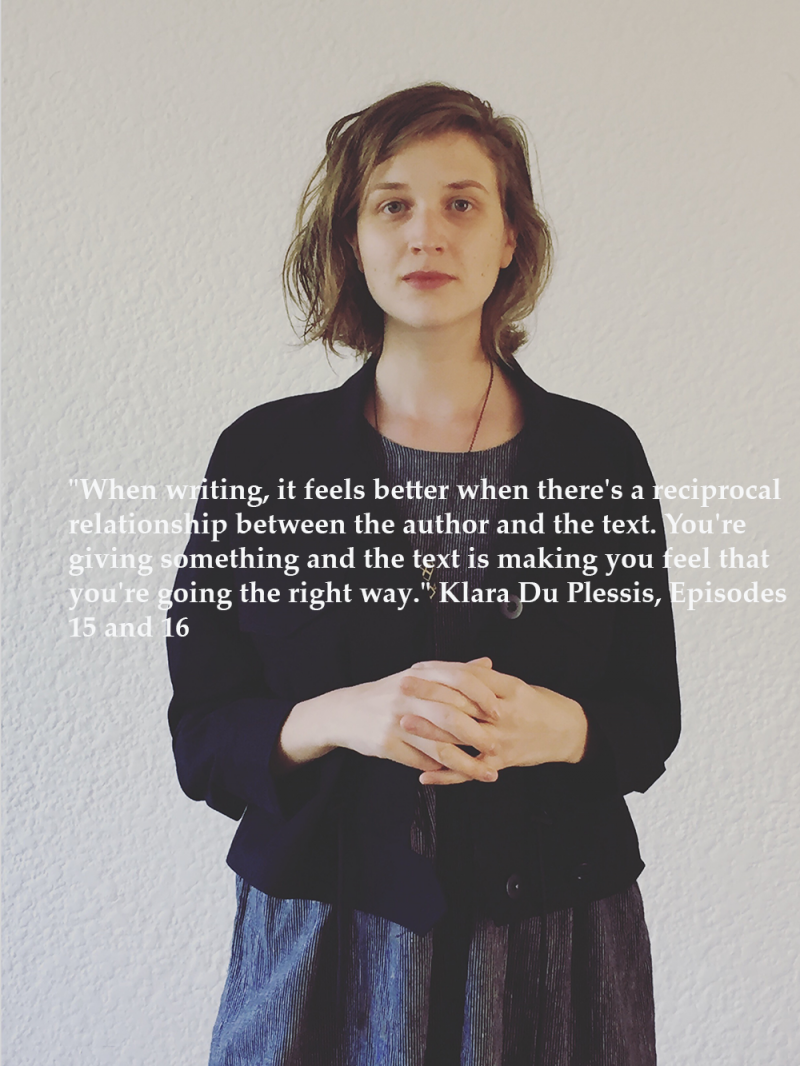
The poem seems to work best when there’s a mix, such as here, from the strongest section of the book, “GLASS”: “I get that the aim of pain / is to alarm the consciousness / into action. What alienates and frustrates me is the dosage. I don’t mind elevated speech, or a polyphonic latitude for the expression of ideas over the course of a long poem. Vivid ache repulsing itself / from productions / Soft suction cup pushing / the self onward, uselessly” (74).

No images to gnaw away / at the abdominal clench / of the whole body as earth. That the father’s omnipresent threats of violence are generally unfulfilled on the page seems deliberate, but that displacement means sometimes the writing feels meandering and spurious in the way only especially philosophical work can, not unlike the speaker’s own days: “Somedays literally nothing / happens. Books with photographs / by contemporaries who’d made it, / so to speak, appearing on shiny pages / with captions and insightful quotes” (88). The writing is most potent and engaging when it lapses into the visceral, the present, and the concrete visual-for example: “The table is an expanse of chaos. I was recommended this long poem or trilogy of long poems or whatever you’d like to call it by several folks, and i really enjoyed many stretches of it, but I find it difficult to buy the abstracted heightened language that dominates the majority of the work.


 0 kommentar(er)
0 kommentar(er)
